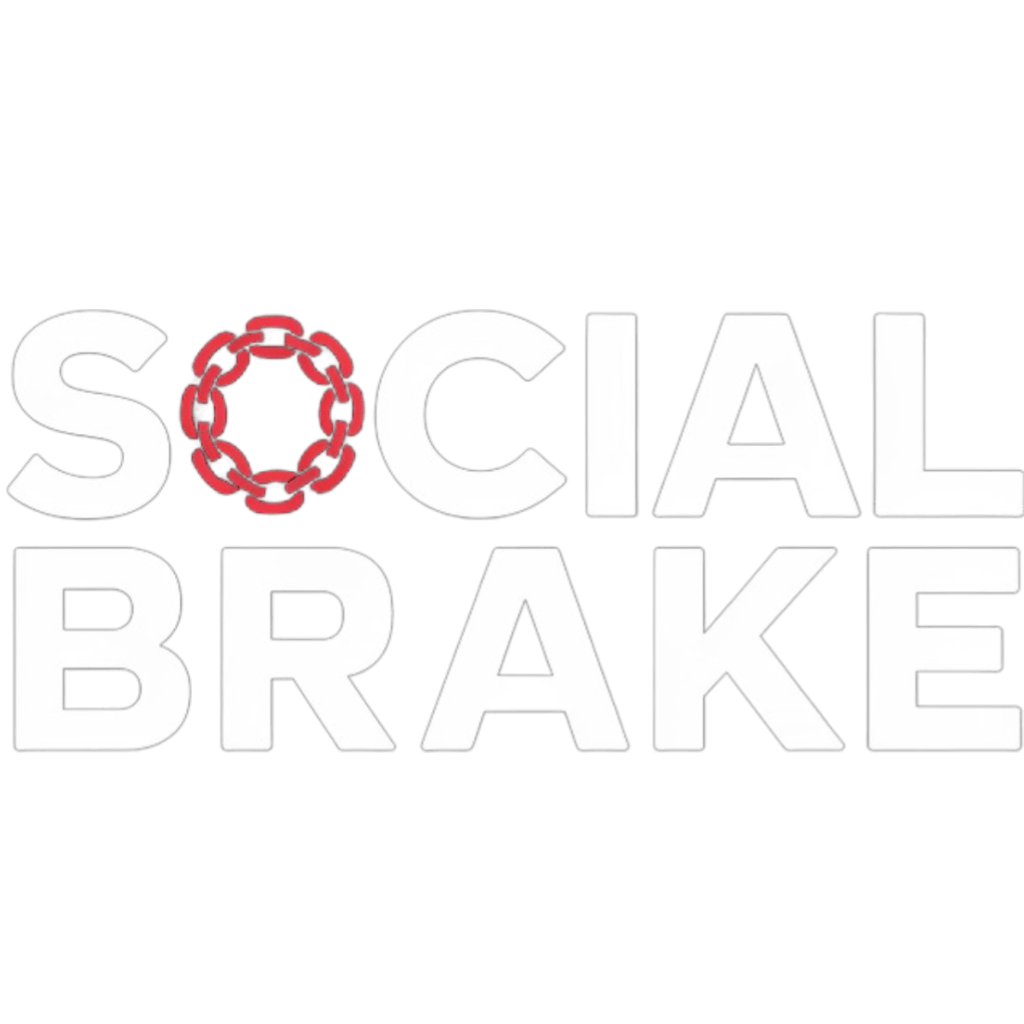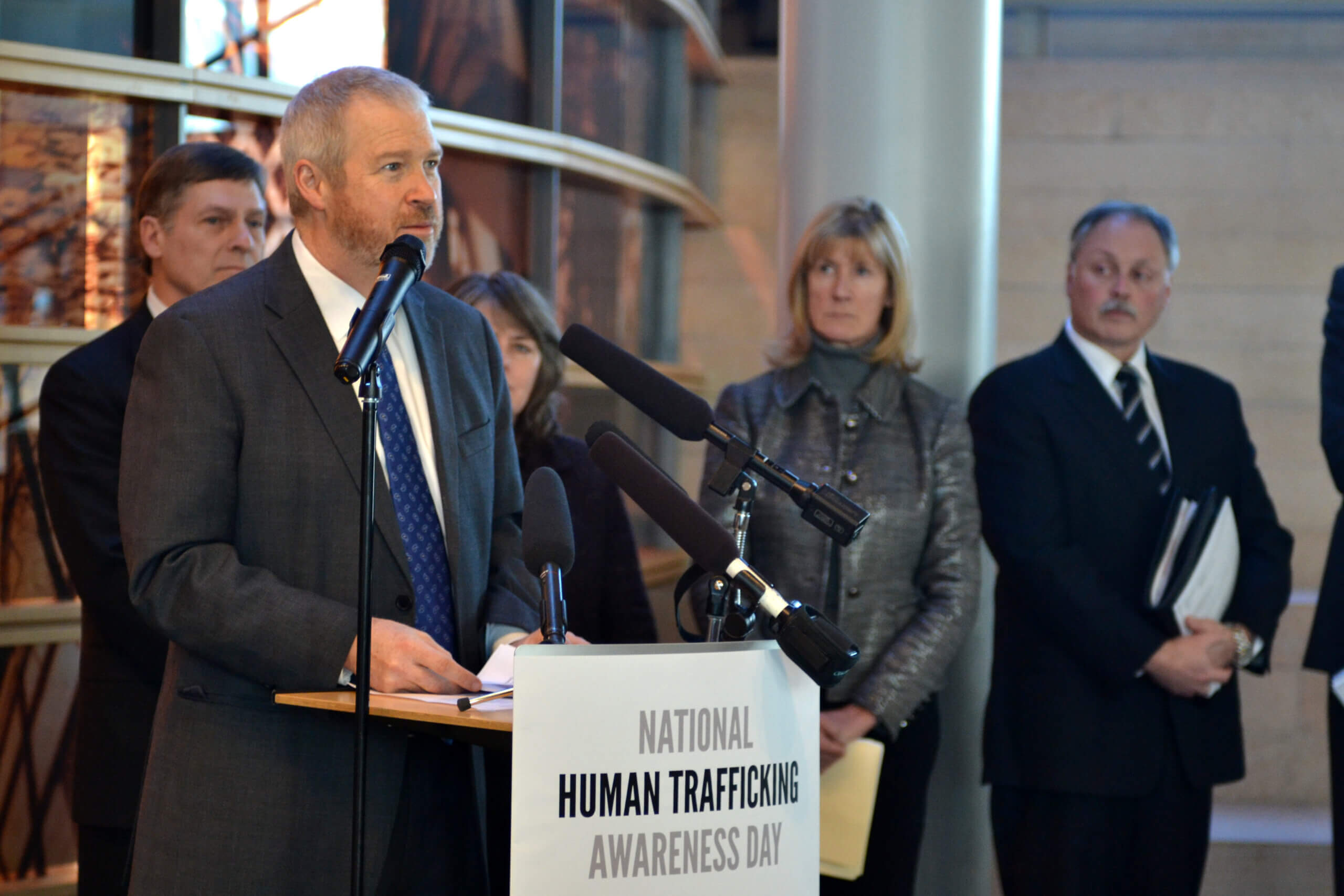The Dark Reality of Human Trafficking and Organ Selling Across the World
Human trafficking and illegal organ trade are among the most horrifying crimes in modern society. Despite global efforts to combat them, these illicit activities continue to thrive, exploiting the most vulnerable individuals for profit. This blog delves into the grim reality of human trafficking and the black-market organ trade, shedding light on their causes, impacts, and possible solutions.
Understanding Human Trafficking
Human trafficking involves the forceful or deceptive movement of people for exploitation. Victims are often coerced into forced labor, sexual slavery, or even organ harvesting. According to the United Nations Office on Drugs and Crime (UNODC), millions of individuals fall prey to trafficking networks annually, with women and children being the most affected.
Types of Human Trafficking
-
- Sex Trafficking – Victims, primarily women and children, are forced into prostitution, pornography, and other forms of sexual exploitation.
-
- Forced Labor – Individuals are enslaved in industries such as agriculture, construction, and domestic work, often under inhumane conditions.
-
- Child Trafficking – Children are abducted or sold into forced labor, illegal adoption, or even child soldier recruitment.
-
- Organ Trafficking – Some victims are trafficked specifically for their organs, which are sold on the black market to desperate recipients.
The Global Black Market for Organs
Organ trafficking is a lucrative yet inhumane trade, where traffickers exploit the poor and desperate for their body parts. Kidneys, livers, hearts, and corneas are among the most commonly trafficked organs, often harvested from unwilling donors.
How Organ Trafficking Works
-
- Exploitation of Vulnerable Populations – Traffickers target impoverished communities, refugees, and marginalized individuals, offering them money in exchange for their organs or outright abducting them.
-
- Illegal Transplants – Corrupt medical professionals perform unauthorized transplants in clandestine hospitals or poorly regulated clinics.
-
- High Demand, Limited Supply – The demand for organs far exceeds legal donations, pushing desperate patients to seek alternatives in the black market.
Notorious Organ Trafficking Cases
-
- China’s Forced Organ Harvesting – Reports suggest that China has systematically harvested organs from prisoners, especially from persecuted groups such as Falun Gong practitioners.
-
- India’s Kidney Mafia – Several cases have emerged where poor individuals were tricked or forced into selling their kidneys for minimal compensation.
-
- Eastern Europe and the Middle East – War zones and refugee crises have fueled organ trafficking, with traffickers preying on displaced individuals.
Impact on Victims
The consequences of human trafficking and organ harvesting are devastating. Victims face severe physical and psychological trauma, often suffering from lifelong health issues, PTSD, and social ostracization. Many are unable to reintegrate into society after their harrowing experiences.
Global Efforts to Combat These Crimes
International organizations, governments, and NGOs are working tirelessly to dismantle trafficking networks and protect victims. Some key initiatives include:
-
- Stronger Legislation – Countries are tightening laws to criminalize traffickers and medical professionals involved in illegal transplants.
-
- Public Awareness Campaigns – Raising awareness about trafficking helps prevent people from falling victim to such schemes.
-
- Stricter Regulations on Organ Donations – Promoting ethical organ donation systems can reduce demand for illegal transplants.
-
- Victim Support Programs – Rehabilitation programs provide survivors with medical, psychological, and financial assistance.
How You Can Help
Individuals can play a role in fighting human trafficking and organ selling by:
-
- Educating themselves and others about the issue.
-
- Supporting reputable charities and organizations that help trafficking victims.
-
- Reporting suspicious activities to authorities.
-
- Advocating for stronger anti-trafficking policies.
Conclusion
Human trafficking and organ trade are grave violations of human rights that continue to claim thousands of lives each year. It is a global crisis that demands urgent action. By raising awareness and supporting efforts to combat these crimes, we can take a stand against this dark underworld and help protect the vulnerable from exploitation.



